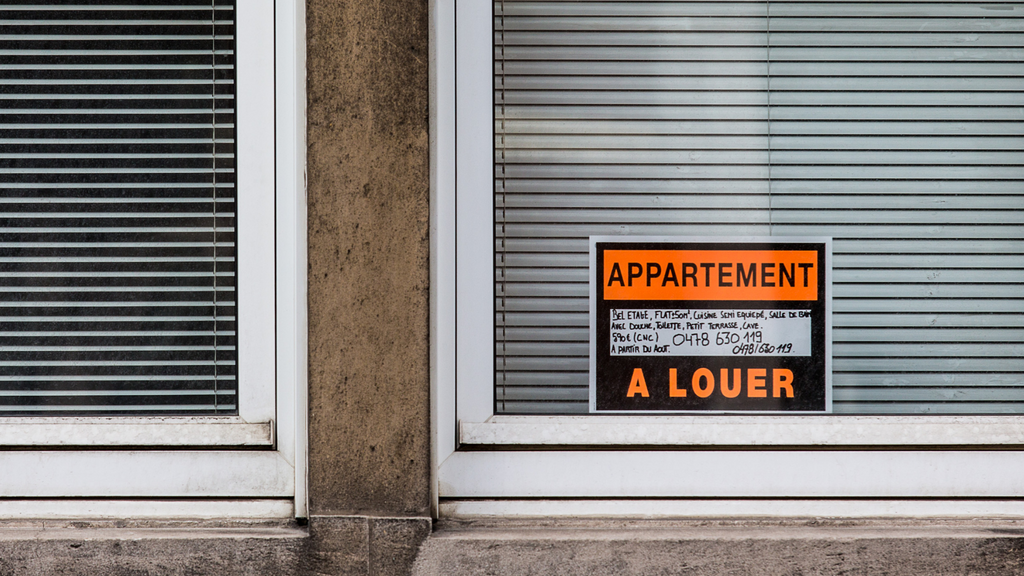The already high cost of rent in Brussels is expected to rise again in the second half of the year, according to a rental barometer published on 9 September by the Federation of Francophone Real Estate Agents (Federia).
"This is only the beginning. Initial figures for the second half of the year indicate that the increase is continuing and even accelerating. 2023 could be particularly marked by the effects of the wave of inflation initiated in 2022," Charlotte De Thay, Federia managing director, highlighted in the report that analysed the cost of new leases registered in the first half of the year.
€38 per month more
Inflation and energy costs are catching up with rent prices. In spring, the average rental property (of which 90% are apartments) was €1,188 per month – up 3.3% or €38 more than the same period in 2022. The average apartment has increased from €1,116 to €1,159 and studios from €732 to €799.
To demonstrate the disparity of rentals between Belgium's regions, Le Soir reports that it is more expensive to rent an apartment in Brussels than a house in Wallonia or Flanders. Rental costs in some neighbourhoods have risen more steeply than others, notably Saint-Gilles, Koekelberg, Molenbeek-Saint-Jean and Woluwe-Saint-Lambert.
Most expensive Brussels communes
In light of this year's increases, the report points to the most expensive areas of the Capital Region:
- Woluwé-Saint-Pierre: average rental cost €1,371
- Woluwe-Saint-Lambert: average rental cost €1,275
- Uccle: average rental cost €1,273
Having long been home to the city's most expensive properties, on average Ixelles no longer features among the most expensive rental properties (average rental cost €1,256).
The report also highlights a difference of almost €500 (56%) in average apartment rental prices between the most expensive Brussels commune and the cheapest – Jette.
"Buying is becoming increasingly difficult," De Thaye told Le Soir. "As a result, many people are extending their leases or looking to rent rather than buy. For would-be buyers, the time has come to scale back their ambitions until the market calms down."
Related News
Sounding the alarm
Though the increase in average rent did not turn out to be as dramatic as some had feared at the beginning of the year, experts are still expecting a sharp increase in the second half of 2023 and Federia is trying to raise awareness of the problem.
"Several players in the real estate sector, including Federia, recently united to sound the alarm and propose a series of measures to be adopted by the political authorities to make housing more affordable." Will the regional government heed their call?

